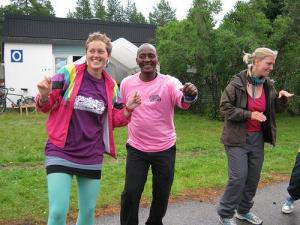In July ForcesWatch launched the Military Out of Schools campaign. Speakers Oskar Castro, a US activist in countering military recruitment, and Ben Griffin, ex-forces and the founder of fledgling Veterans for Peace UK, discussed how young people are militarised and what can be done about it.
US counter-recruitment has developed over the last 10 years to many thousands of individuals and hundreds of organisations. The terms “truth and recruitment” or “alternatives to the military” are…


